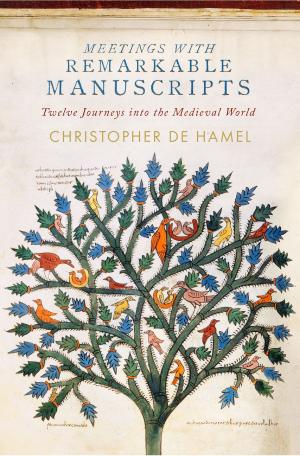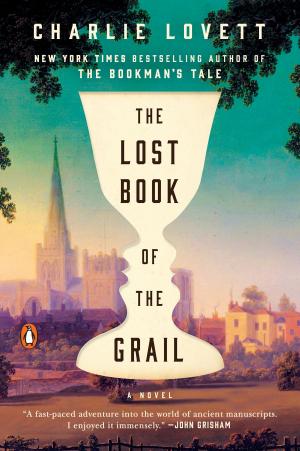Quiet Until the Thaw
A Novel
Fiction & Literature, Native American & Aboriginal, Literary, Historical| Author: | Alexandra Fuller | ISBN: | 9780735223356 |
| Publisher: | Penguin Publishing Group | Publication: | June 27, 2017 |
| Imprint: | Penguin Books | Language: | English |
| Author: | Alexandra Fuller |
| ISBN: | 9780735223356 |
| Publisher: | Penguin Publishing Group |
| Publication: | June 27, 2017 |
| Imprint: | Penguin Books |
| Language: | English |
**The debut novel from the bestselling author of Don't Let's Go to the Dogs Tonight and Leaving Before the Rains Come. **
“Awe inspiring . . . An ardent, original, and beautifully wrought book.” —The New York Times Book Review
Lakota Oglala Sioux Nation, South Dakota.
Two Native American cousins, Rick Overlooking Horse and You Choose Watson, are pitted against each other as their tribe is torn apart by infighting. Rick chooses the path of peace and stays; You Choose, violent and unpredictable, strikes out on his own. When he returns, after three decades behind bars, he disrupts the fragile peace and threatens the lives of the entire reservation.
A complex tale that spans generations and geography, Quiet Until the Thaw conjures, with the implications of an oppressed history, how we are bound not just to immediate family but to all who have come before and will come after us, and, most of all, to the notion that everything was always, and is always, connected.
**The debut novel from the bestselling author of Don't Let's Go to the Dogs Tonight and Leaving Before the Rains Come. **
“Awe inspiring . . . An ardent, original, and beautifully wrought book.” —The New York Times Book Review
Lakota Oglala Sioux Nation, South Dakota.
Two Native American cousins, Rick Overlooking Horse and You Choose Watson, are pitted against each other as their tribe is torn apart by infighting. Rick chooses the path of peace and stays; You Choose, violent and unpredictable, strikes out on his own. When he returns, after three decades behind bars, he disrupts the fragile peace and threatens the lives of the entire reservation.
A complex tale that spans generations and geography, Quiet Until the Thaw conjures, with the implications of an oppressed history, how we are bound not just to immediate family but to all who have come before and will come after us, and, most of all, to the notion that everything was always, and is always, connected.















